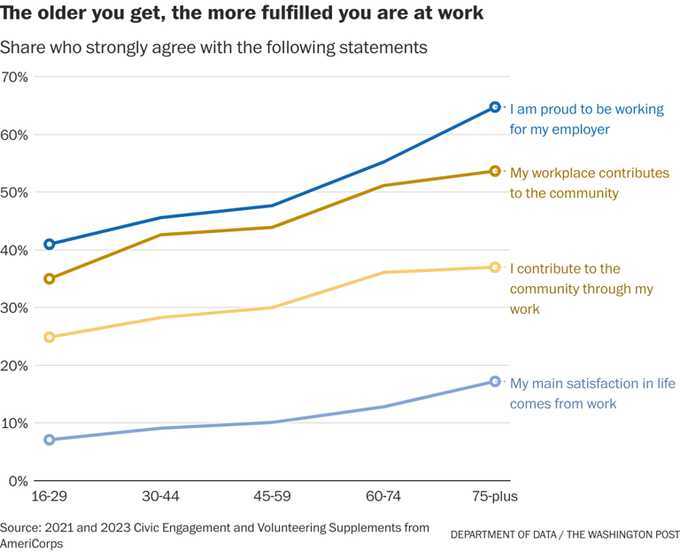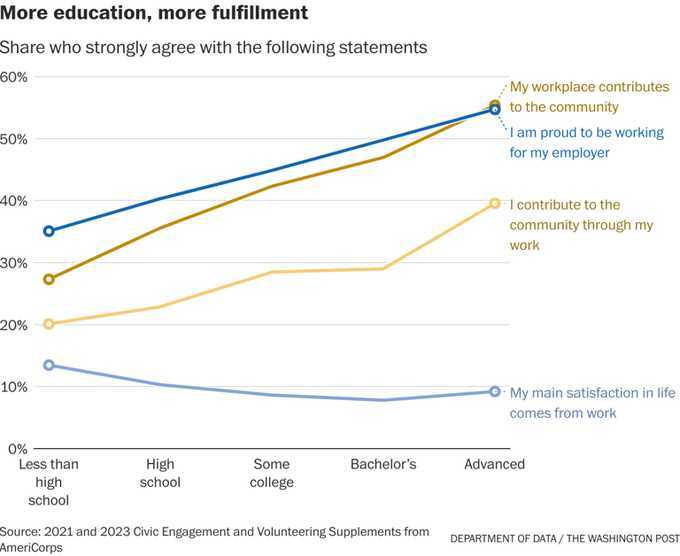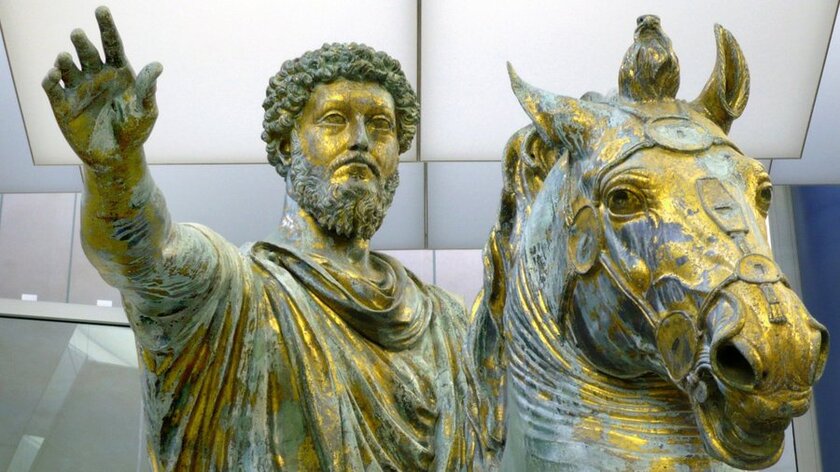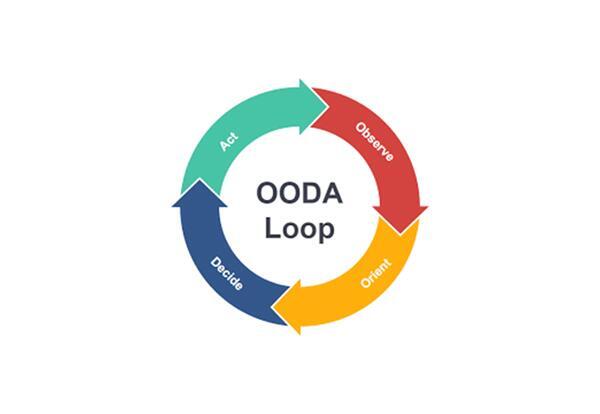A priest, a lumberjack and an entrepreneur walk into a bar. Which one is happiest?
It’s definitely not the bartender — she’s doing one of the jobs least likely to give you satisfaction in life.
How in the world do we know that? Well, a while back, when we looked at the happiest jobs — shout-out to forestry — we considered how happy folks felt while at work. Outdoor jobs look awesome by that metric, dangerous as they often are in the long run, but readers kept reminding us that there’s more to a fulfilling job than how happy you are while doing it.
We didn’t have a stellar way to measure other feelings about work, but we kept our eye on an often-overlooked federal data provider: AmeriCorps. The independent agency, which CEO Michael D. Smith described to us as “bite-sized” but “punching well above our weight,” funds the Civic Engagement and Volunteering Supplement, part of the Census Bureau’s Current Population Survey.
True data aficionados may remember the CEV as the source we used to find that Boston and Philadelphia are among the nation’s friendliest cities (yes, we were stunned, too). In 2021 and again in 2023, the researchers behind the CEV asked if you agree or disagree with these four statements:
– I am proud to be working for my employer.
– My main satisfaction in life comes from work.
– My workplace contributes to the community.
– I contribute to the community through my work.
The two years of surveys give us enough responses to start doing some serious analysis — or, in the grand tradition of this column, some less-than-serious analysis.
The questions may sound subjective compared with the usual Census Bureau fare, but they’re the next big step in a slow-building but snowballing academic effort to better measure the non-pecuniary benefits we get from our jobs. As the luckiest Americans worry less about their basic needs, more of us are seeking jobs with a moral or social mission.
“As traditional third places where Americans engage with their community are waning,” said Smith, the AmeriCorps CEO, “it’s great to see that workplaces are creating a space where employees can put their values into action.”
For better or worse, this shift has blurred the boundary between professional and civic life.
“There is this expectation or this desire for people to find meaning in the work that they’re doing and feeling like it contributes to some greater good,” AmeriCorps research and evaluation director Mary Morris-Hyde told us. Americans are more and more interested in working “for a place that gives them time and respects and encourages and wants them to be good citizens in their community.”
And — as your local newspaper reporter or AmeriCorps staffer could probably tell you — having a job that allows you to fight the good fight while on the clock may be worth forgoing a better paycheck elsewhere. But who gets to do these jobs?
The basic demographic outlines are easy to draw. As a rule, you feel better about your job as you get older. Presumably, it’s some mix of people who love their work delaying retirement, people job-hopping until they find meaningful employment, and people learning to love whatever hand they’ve been dealt.

Most measures of satisfaction also rise with education, often quite sharply. Someone with a graduate degree is twice as likely as a high school dropout to strongly agree their workplace contributes to the community. There’s one exception: More-educated folks are actually a bit less likely to strongly agree that work is their main satisfaction in life.

But demographics aren’t the main event. As you probably guessed, much of our job satisfaction depends not on who we are, but on what job we’re doing. In that, we see a separation in the questions about personal satisfaction and the questions about contributing to the community.
The workers most likely to say they’re proud to be working for their employer and that they gain satisfaction from work are — surprise! — the self-employed. The self-employed who are incorporated — a group that often includes small-business owners — are almost twice as likely as private-sector, for-profit workers to strongly profess pride in their employer.
Government and nonprofit workers fall somewhere in the middle on those questions. But they rank at the very top on “My workplace contributes to the community” and “I contribute to the community through my work.” Local government workers, who include teachers, take the top spot for strong agreement on both, followed by nonprofit workers. Private-sector, for-profit workers once again lag behind.
The jobs that do worse on these measures tend to be in manufacturing or other blue-collar production and extraction jobs, or at the lower-paid end of the service sector. Folks in food services (e.g., bartenders and food prep), janitorial roles and landscaping, and personal services (e.g., barbershops, laundry and hotels) all struggle to find greater meaning in their work. Though some better-paid service jobs also struggle by some measures — think sales, engineering or software development.
On the questions regarding pride in your employer and life satisfaction, we see managers and our old friends in agriculture and forestry take the top spots. But right behind them — and actually in the lead in the other question — lurks the real standout, a set of jobs we’d classify as “care and social services.”
That includes, most notably, religious workers. Looking a bit deeper at about 100 occupations for which we have detailed data, we see clergy were most likely to strongly agree on every question.
Read more:















